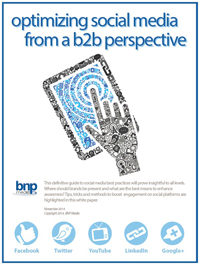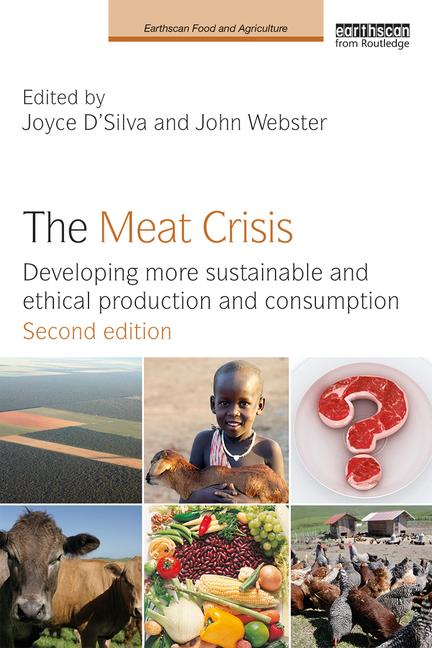Social media: redefining crisis management

This spring, a longstanding component of ground beef was tagged with a disparaging name that went “viral.” Inside of three weeks, the producer was forced to suspend operations at three of its facilities, and some of its higher-profile customers — bowing to consumer outcry — had the component removed from the ground beef they sold. This harm was not limited to one company. Sales of ground beef are still down, impacting the entire industry.
What makes the event unique is that there was no traditional trigger to cause consumer concern. To put it simply, this was a game-changer for crisis management in the meat industry. The question for the industry is not so much what happened, but how can industries avoid the same result the next time (and it almost certainly will happen again).
To come up with the gameplan, there has to be recognition that social media is unlike anything that has come before:
- First, social media is quick, it moves just about the speed of light, or at least as fast as fiber-optic cables can carry it.
- Second, content is also quick-hitting, which favors soundbites, over-simplification and flat out misstatements.
- Third, even though there is a single initial event or post, each re-tweet or post becomes a new event.
- Fourth, it enables individuals to come together as a group quickly and, as a group, wield power.
As to social media’s speed, a company cannot wait for a crisis to hit — there is no time to recover. At a minimum, ensure you have short soundbites to respond to safety or quality concerns. Trade associations can be a source of assistance.
Even better, enter the social media and gain “followers” on Twitter or “likes” or fans on Facebook. It is a low-cost way to build goodwill and hopefully will increase those who will speak out, albeit electronically, in favor of a company and its products should the need arise.
On content, one should not expect to engage in any meaningful discussion — soundbites work because a “tweet” is limited to 140 characters. Respond by alternative messages, not the more traditional rebuttal. Obviously, each situation will be different, but do not let the other side define what is true or important.
Finally, social media is social; it enables people who do not know each other to bind together on a cause. A single company, an industry and even the government can be “outvoted” by the masses, especially when each post can keep an issue alive. Anything a company can do to build a base of support, be it employees and their families, customers or others in the industry, can pay dividends when the tweets begin flying.
Welcome to the 21st century and the challenges in crisis management in the social-media age.
Looking for a reprint of this article?
From high-res PDFs to custom plaques, order your copy today!








